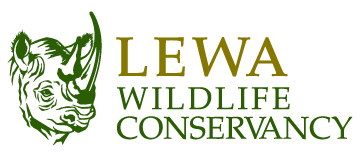In 2003, the Government of Kenya declared education free for all citizens. As this bold move improved access to opportunity for children and youth, the influx of new students also highlighted the lack of resources that challenge schools in Kenya.
A 2010 report by UNESCO showed that in Kenya, 1 million children and youth remain out of school, and over 7.8 million youth and adults find it difficult to read and write. Schools continue to lack teachers, adequate infrastructure, textbooks, and other learning resources.
In rural communities around Lewa, children encounter challenges related to receiving a quality education in schools that lack adequate resources.
Lewa invests in education to foster positive impacts on conservation and promote positive changes in attitudes and behaviours. Access to education provides opportunities beyond those that only depend on finite natural resources. Education also provides the best platform for us to extend the benefits of conservation to neighbouring communities.
Our Response
The Lewa Education Programme is committed to enhancing access to quality education, which in turn expands individuals access to economic opportunities. Our aim is to cultivate a new generation of environmental stewards who are equipped to contribute positively to their communities and the natural world.
Concretely, Lewa augments its programmes in conservation education and student scholarships with innovative school programmes that facilitate holistic learning and development.
Infrastructure
Curriculum Development
Lewa builds libraries to make resources available to local schools. Libraries foster a culture of reading and learning, and with access to books, children and youth can cultivate their curiosities and expand their worldview.
To date, Lewa has built libraries in Munanda, Kanyunga, Lewa, Subuiga, Kilimani, and Ntugi. Lewa-supported libraries make resources available for both schools and communities. They are open to parents, teachers, and community members desiring to learn more.
Digital Literacy
Lewa’s digital literacy efforts are led by a team of young individuals dedicated to extending the benefits of digital technology to local communities.
Lewa provides comprehensive training to teachers on the utilisation of digital tools and computer applications in their lectures and classroom activities. In collaboration with the Government of Kenya, schools receive essential technology such as computers, tablets, and projectors, enabling effective integration of technology into the educational experience. This initiative aims to equip educators and students with the tools necessary for modern learning and academic success.
As of 2024, Lewa’s digital literacy programme supports 27 Lewa schools, and over 8,000 learners benefit from the programme on a weekly basis.
Learn more.
Reading Programme
To address low reading levels in schools in Northern Kenya, Lewa organized a mobile library to reach schools that alarmingly fall behind national average reading performance. The Lewa team started the program by carrying books in backpacks to hard-to-reach areas, and then training teachers to conduct reading sessions proven to effectively improve student literacy. Sessions include narrating stories, role-playing, introducing new words, understanding characters, and writing well-crafted summaries of stories. Lewa partnered with Book Aid International to extend more reading resources to Lewa partner schools
There are schools that are lucky to have physical libraries that strengthen the effects and influence of the mobile library. Lewa works at equipping those libraries with more books and allow students to use the facilities whenever they are out of class either when they have recess or after classes.
Besides library materials, schools are provided with revision materials to supplement the books provided by the government to help them revise as well as gain more knowledge.
Staff
Lewa facilitates curriculum implementation through recruiting more trained teachers where we have a high teacher-student ratio as well as not teaching staff like librarians to help run the libraries or Matrons to assist children where we have provided dormitories.
| Our Impact |
1272
999 tablets, 209 laptops, and 64 Specktron boards distributed to 23 government schools.
300+ Students
Receive scholarships every year through the Bursary Programme.
52%
Bursary students scored a C+ and above in the 2021 national exams, up from 48% in 2020.
786
Students enrolled in high school, university and college in 2021-22, thanks to the Lewa Education Programme.
23
Government schools supported with infrastructure.
2,300
Girls from 23 Lewa-supported schools benefitted from the Sanitary Towels Programme in 2022.



